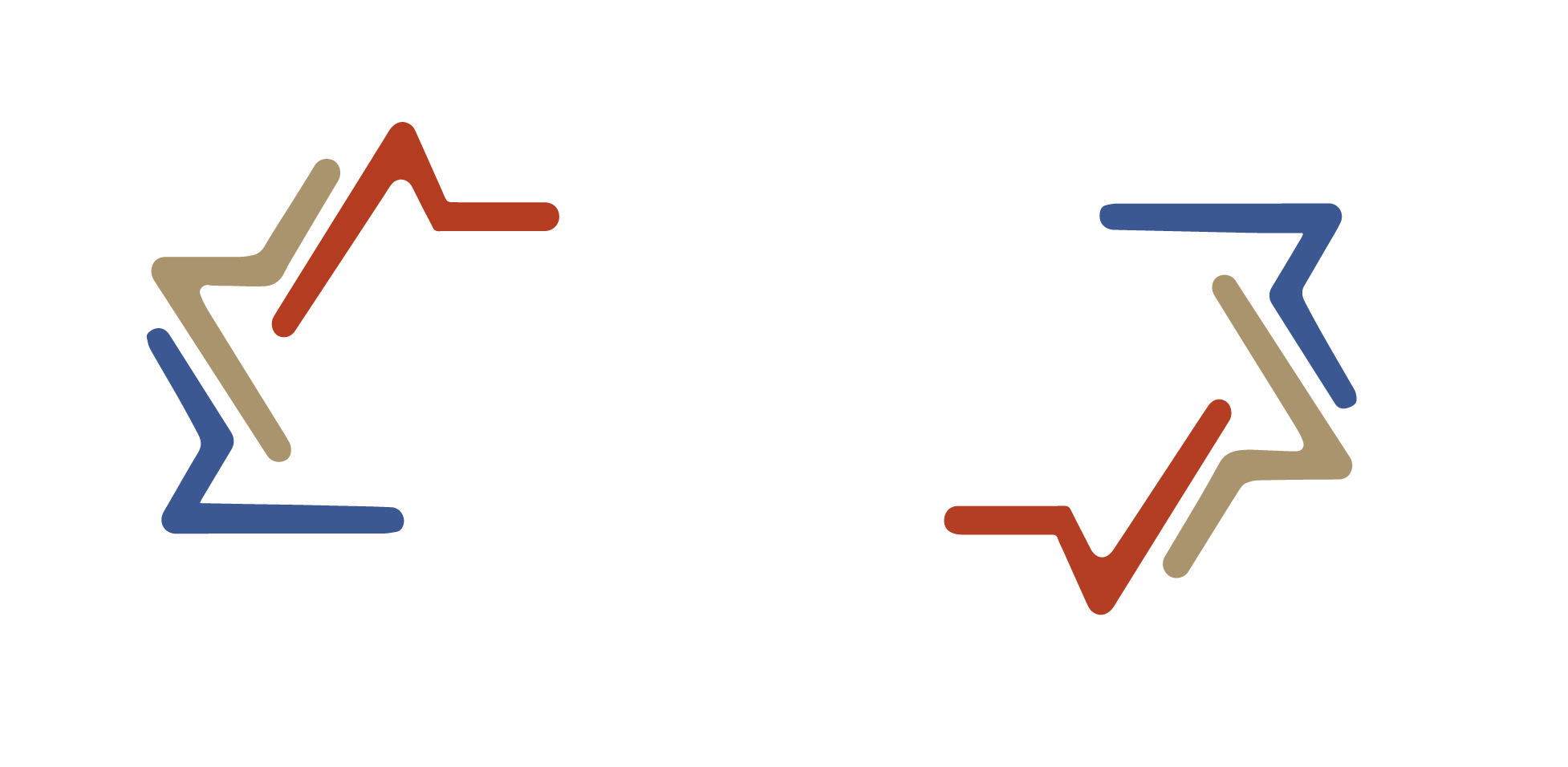Phone
Hours
Mon-Fir: 9 am - 5 pm
Sat-Sun: Closed
Location
Natural Painkillers
Stress can have a significant impact on your physical health. When a person is stressed, their body releases stress hormones (such as cortisol and adrenaline) which can cause ongoing muscle tension contributing to neck and back pain. Stress also can prevent the body’s natural painkillers from being released which makes it more difficult to manage pain and exacerbates conditions like arthritis
Committing to regular physical activity has been shown to reduce stress levels by increasing the release of endorphins, which are natural mood boosters. Even short bouts of exercise can be helpful in reducing stress. Start by incorporating walking, swimming, or cycling as these exercises are gentle on the joints. After cardio, you can start working on strength training with body weight. This is vital to improving joint stability. For example, squats, deadlifts, and lunges can reduce pain and improve function in your legs and lower back.
Step 2: Mindfulness
Incorporating mindfulness into your daily habits has been shown to reduce stress and improve well-being. Begin with meditation by setting time aside to close your eyes and focus deeply on your breath. Then when you get distracted simply accept your thoughts without judgment and bring your attention back to the breath. You can also try yoga as it involves physical posture and mindful breathing techniques.
Step 3: Physical Therapy
Lastly, make sure to have a consistent and healthy sleep schedule as sleep is vital for the body to repair and regenerate. When a person does not get enough quality sleep, it leads to increased sensitivity to pain and stress. In order to make sure you get 6-8 hours every night, start by reducing your screen time and replacing it with reading a book or taking a bath. Both of which have been shown to help you reduce levels of stress.
It’s important to remember that all pain is unique, and recovery time can vary based on the severity of your injury and the type of treatment you receive. It is essential to follow your healthcare provider’s recommendations and communicate any changes or concerns throughout your recovery process.


